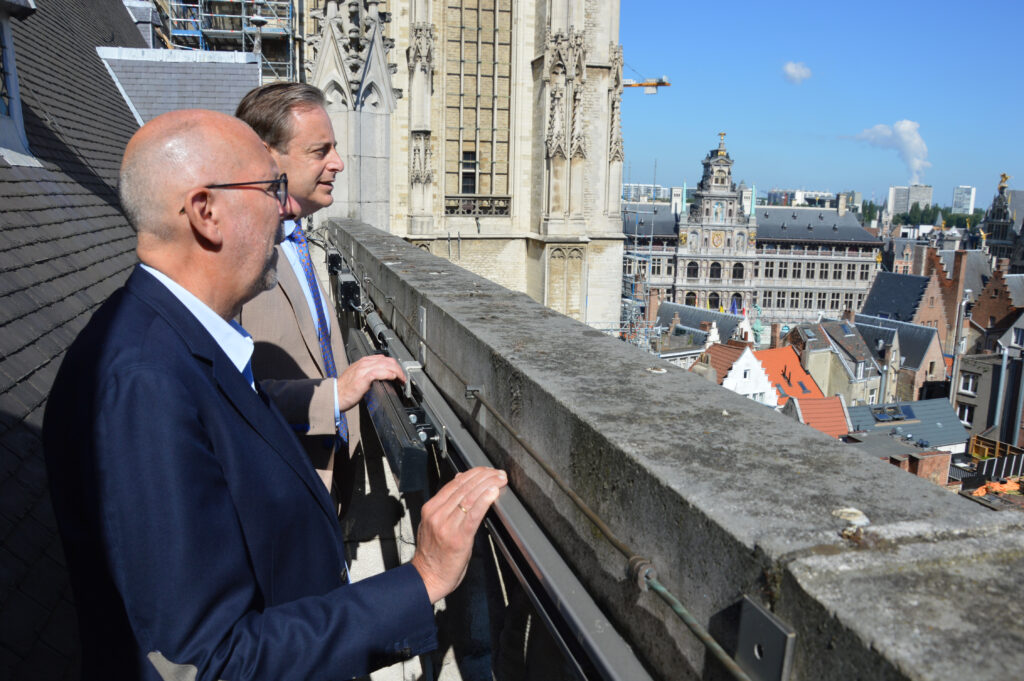More than seven months after the June 2024 elections, political negotiations led to the formation of a coalition government under Bart De Wever. De Wever, leader of the Flemish nationalist N-VA party, officially became Belgium’s new prime minister after months of difficult coalition talks.
On Monday, he took the oath of office before King Philippe, a monarch he has long criticized for symbolizing Belgian unity.
De Wever’s five-party coalition includes the centrist Christian Democrats, the leftist Vooruit, the francophone centre-right Reformist Movement, and the centrist Les Engagés. Despite his past push for Flemish independence, De Wever has softened his separatist stance. Instead, he plans to decentralize power and give regional governments more authority.
He aims to grant federal entities more control over job seeker monitoring and increase the diplomatic visibility of Belgium’s ten provinces. However, some coalition partners oppose his regionalist agenda, which could lead to political conflicts within the government.
The new government leans heavily to the right, a trend reflected in the coalition’s economic and social policies. De Wever’s administration plans to cut public spending, reform the labour market, and harmonize pensions between public and private sectors.
During marathon talks lasting 60 hours, he pushed for pension reforms and reductions in social benefits, drawing criticism from labour unions. Hours after his swearing-in, De Wever attended an EU leaders’ meeting, where he aligned his immigration stance with that of many European counterparts.
